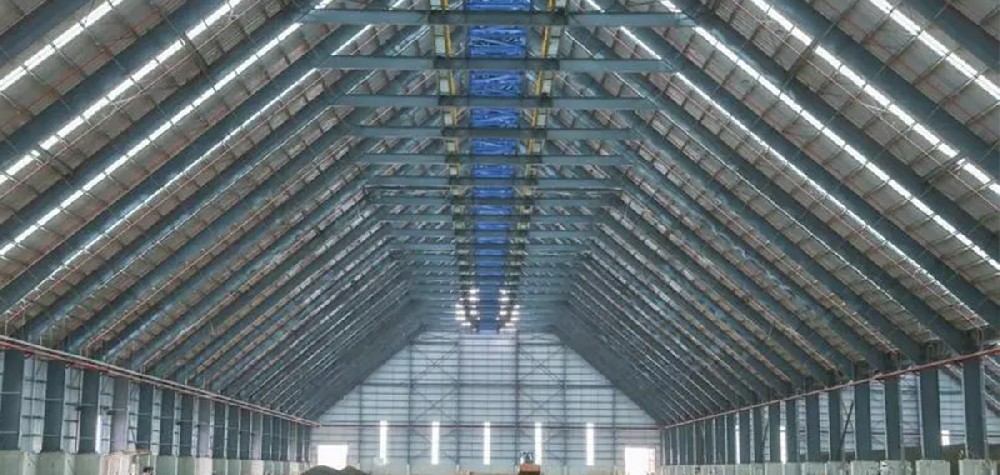Navigation Menu
Contact Us
- Email:
- info@wxavatar.com
- Address:
- Yurong Village, Yuqi Street, Huishan District, Wuxi, China.
Release Date:Jun 06, 2025 Visit:66 Source:Roll Forming Machine Factory
In manufacturing, precision is critical for ensuring product quality and performance. Many industries require components with exact specifications, and meeting tight tolerances can be challenging. Custom roll forming is a process that offers manufacturers the ability to produce high-precision metal parts consistently. But how effective is it for achieving tight tolerances? Let’s explore the advantages of custom roll forming and how it helps manufacturers maintain strict dimensional requirements.

Understanding Custom Roll Forming
Custom roll forming is a metal fabrication process where a continuous strip of metal is passed through a series of rollers to gradually shape it into a desired profile. Unlike other forming methods, roll forming allows for high repeatability and precision, making it ideal for applications requiring tight tolerances.
How Custom Roll Forming Ensures Tight Tolerances
1. Precision Tooling and Die Design
The success of roll forming in meeting tight tolerances depends heavily on tooling. Custom-designed rollers and dies ensure that each bend and curve adheres to exact specifications. Advanced CNC machining and simulation software help optimize tooling before production, minimizing errors.
2. Consistent Material Flow
Roll forming applies gradual pressure to the metal, reducing stress and springback—a common issue in other forming methods. This controlled deformation ensures uniform dimensions across long production runs.
3. Reduced Secondary Operations
Because roll forming produces near-net-shape parts, additional machining or finishing is often minimized. This reduces variability and helps maintain tight tolerances throughout production.
4. Adaptability to Various Materials
Whether working with steel, aluminum, or specialty alloys, custom roll forming can be adjusted to accommodate different material properties while maintaining precision.
5. High Repeatability for Large Volumes
Once the tooling is set up, roll forming can produce thousands of identical parts with minimal deviation, making it ideal for industries like automotive, aerospace, and construction where consistency is key.
Industries That Benefit from Tight-Tolerance Roll Forming
Automotive: Structural components, chassis parts, and trim require exact dimensions for proper fit and function.
Aerospace: Lightweight yet high-strength profiles must meet rigorous standards.
Construction: Building materials like metal framing and roofing demand uniformity for easy assembly.
Electronics: Enclosures and heat sinks need precise dimensions for optimal performance.
Conclusion
Custom roll forming is a reliable method for manufacturers who need to meet tight tolerances consistently. With precision tooling, controlled material flow, and high repeatability, this process ensures that parts meet exact specifications without excessive secondary processing. For industries where precision is non-negotiable, custom roll forming provides an efficient and cost-effective solution.

By leveraging advanced roll forming techniques, manufacturers can achieve the accuracy required for high-performance applications while maintaining production efficiency. If tight tolerances are a priority for your operations, custom roll forming may be the ideal manufacturing solution.